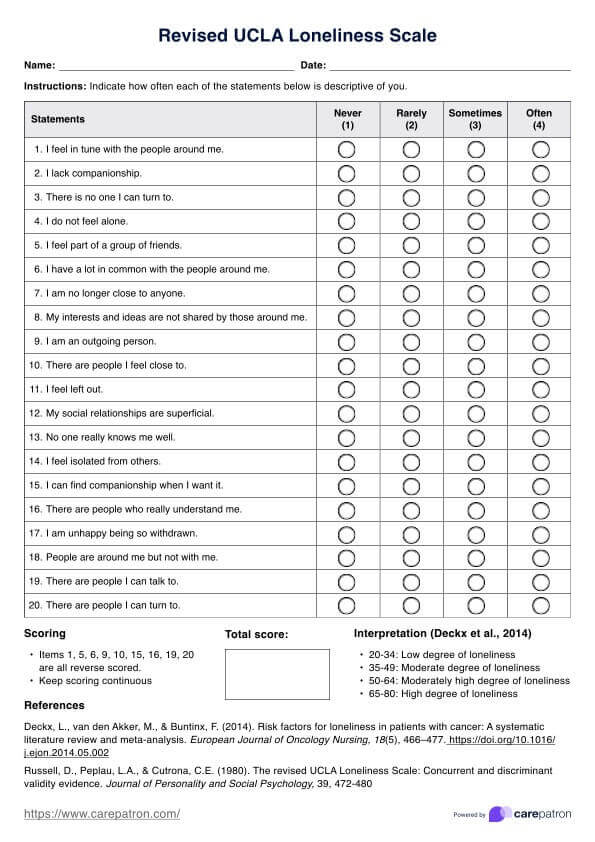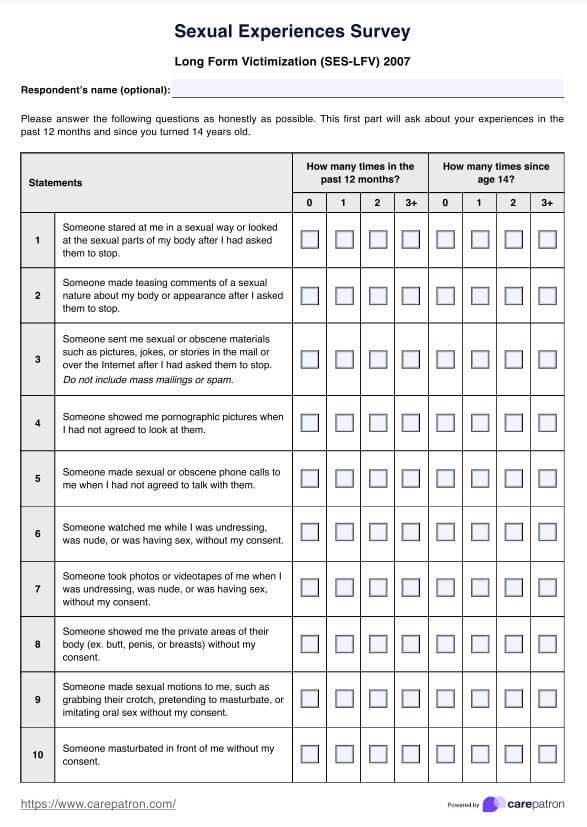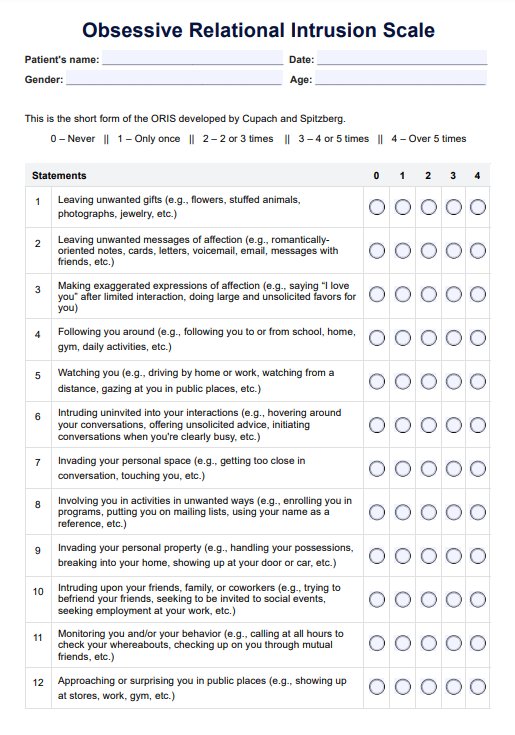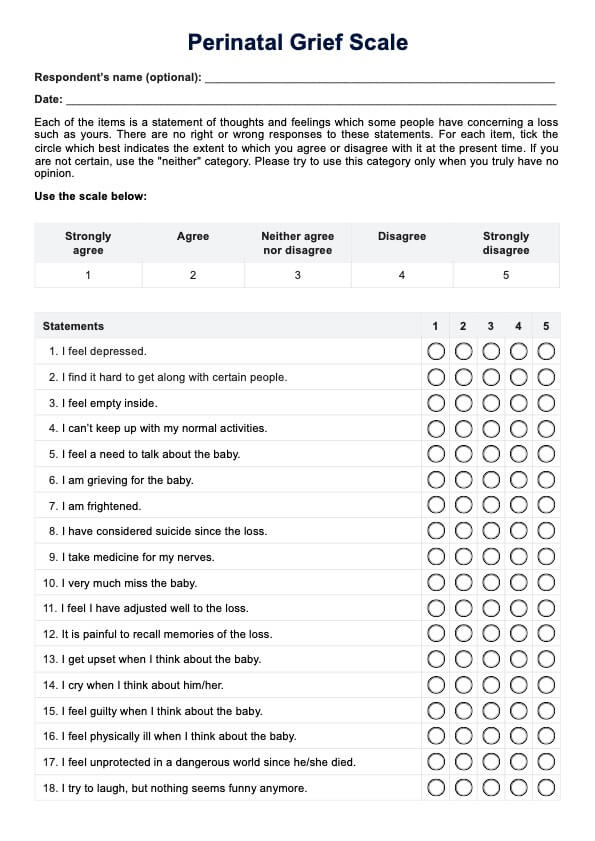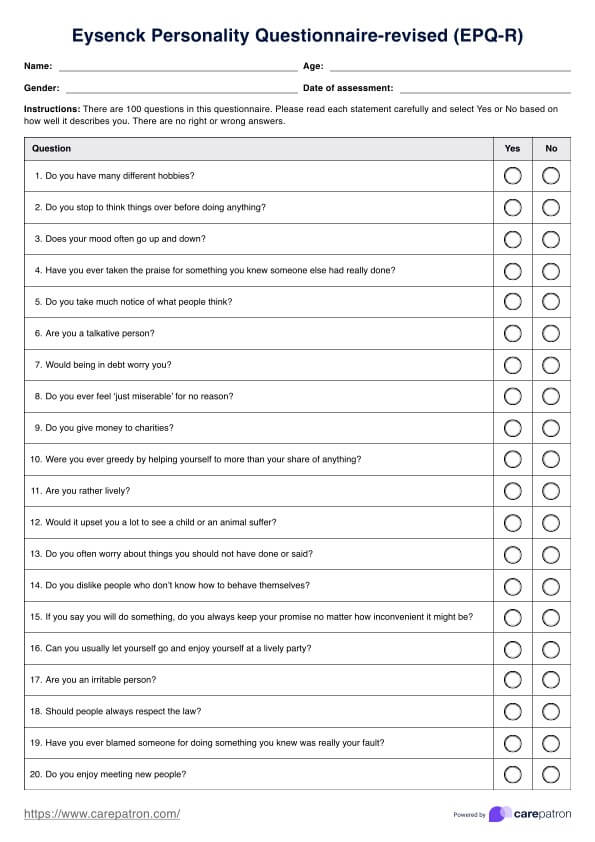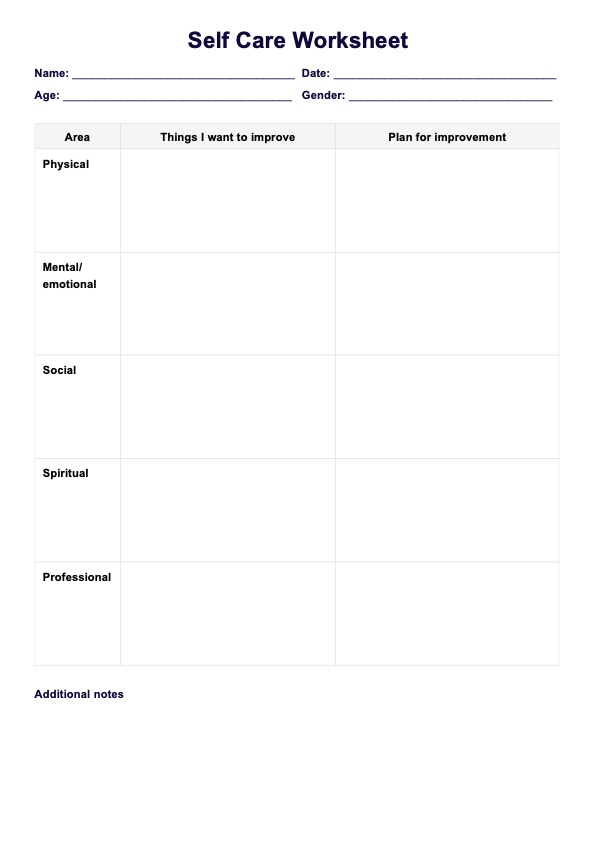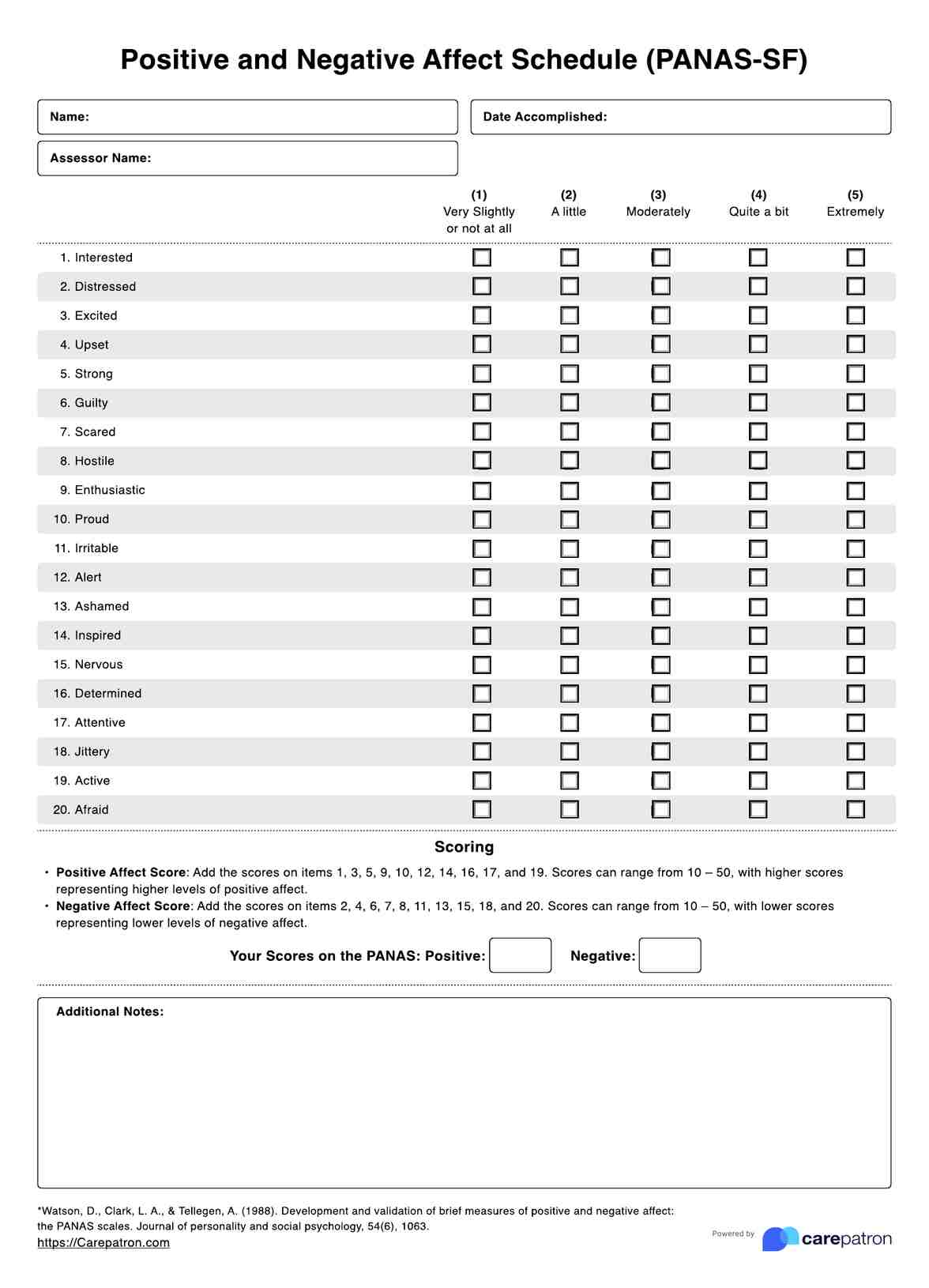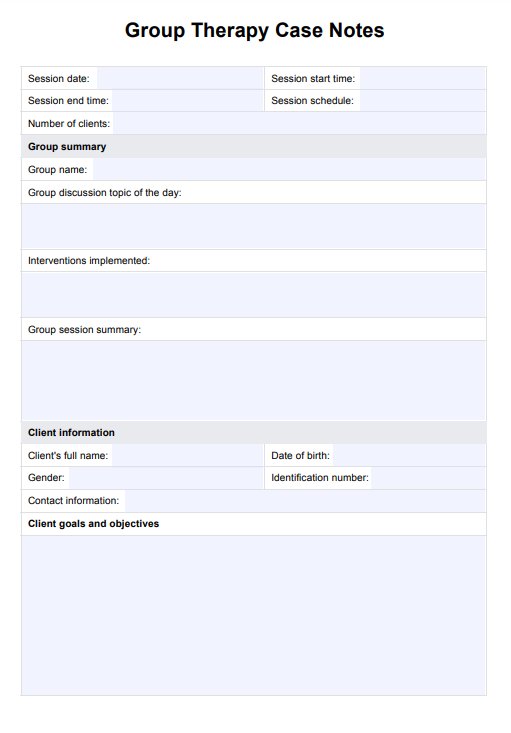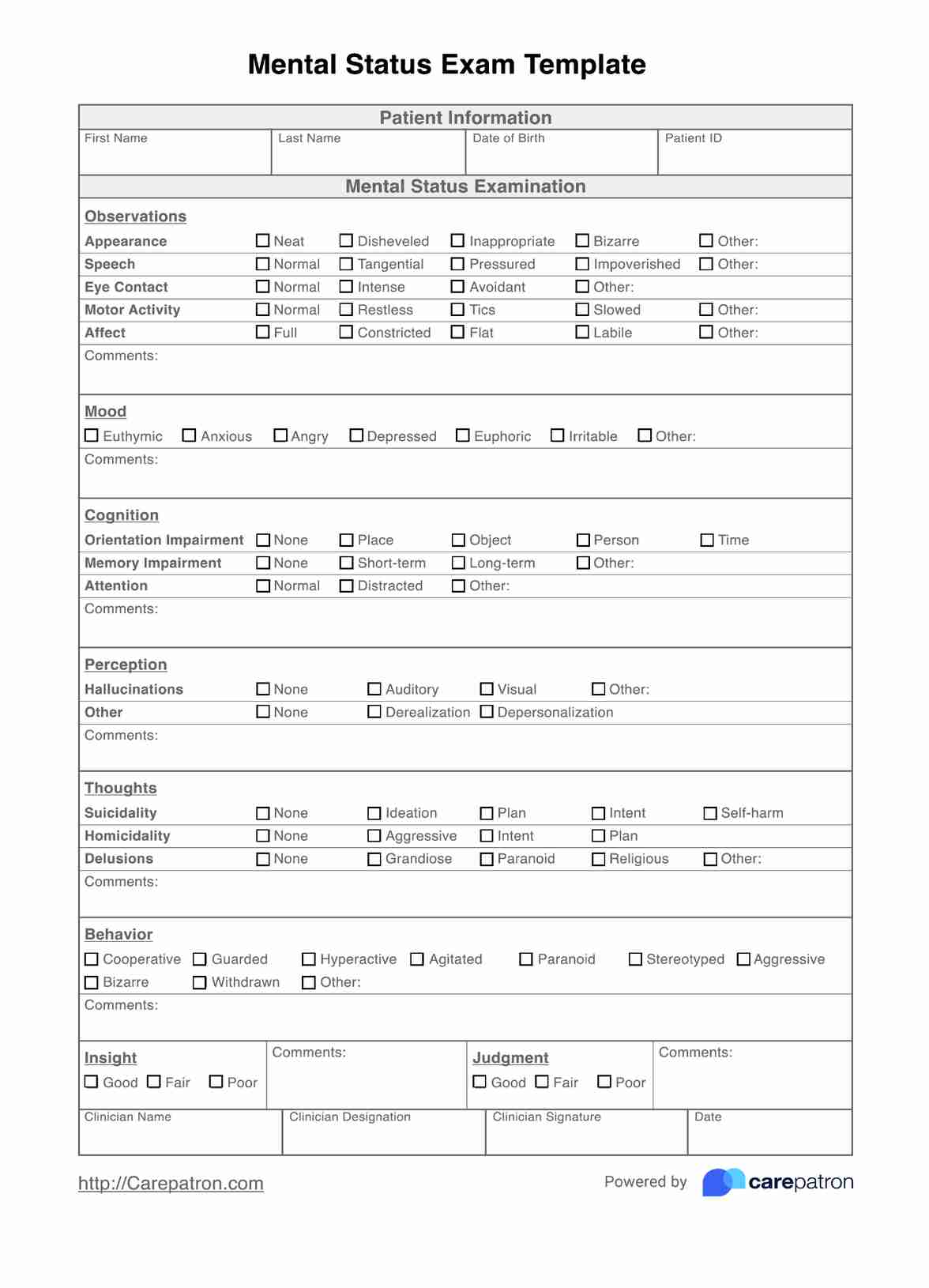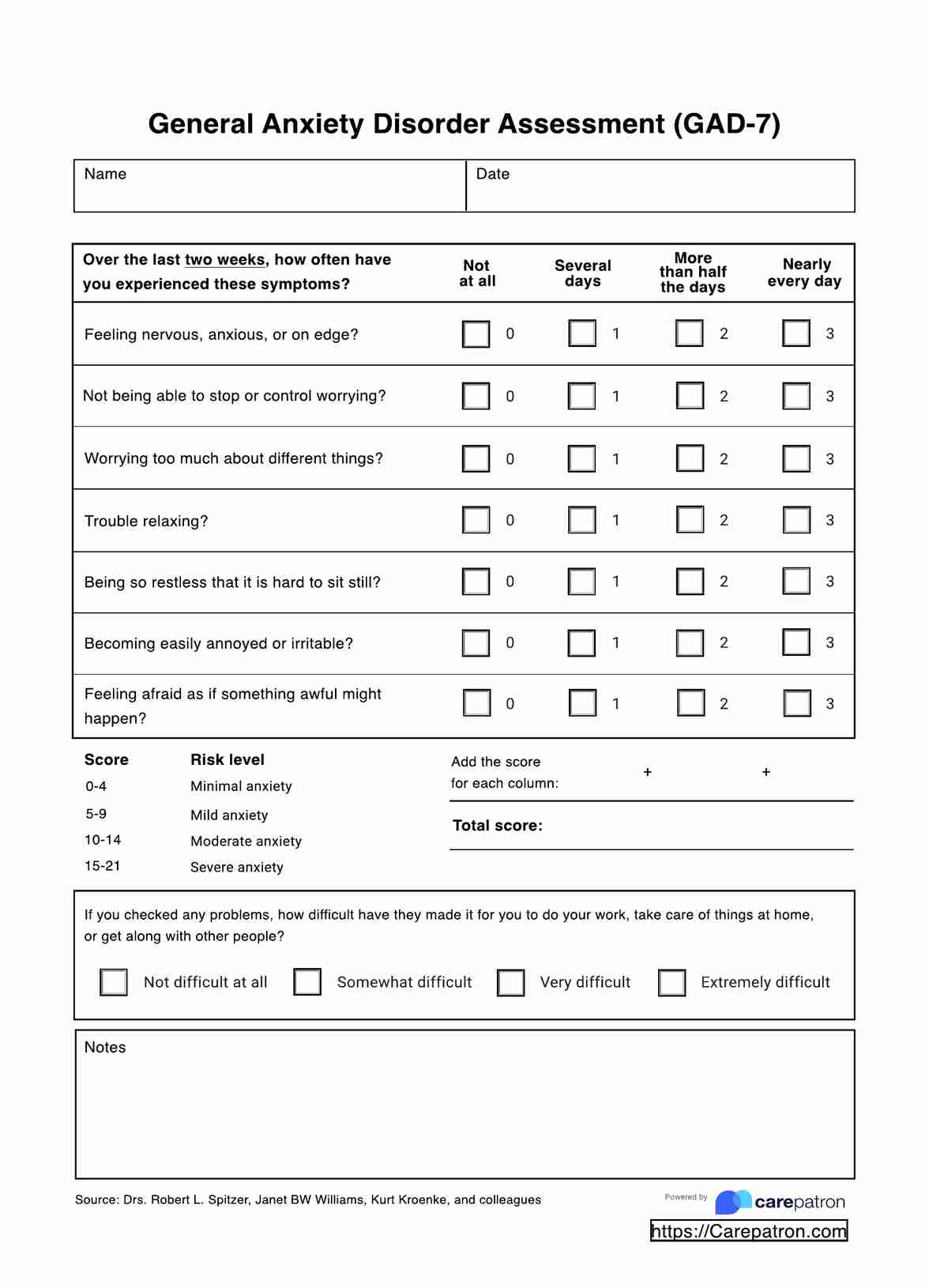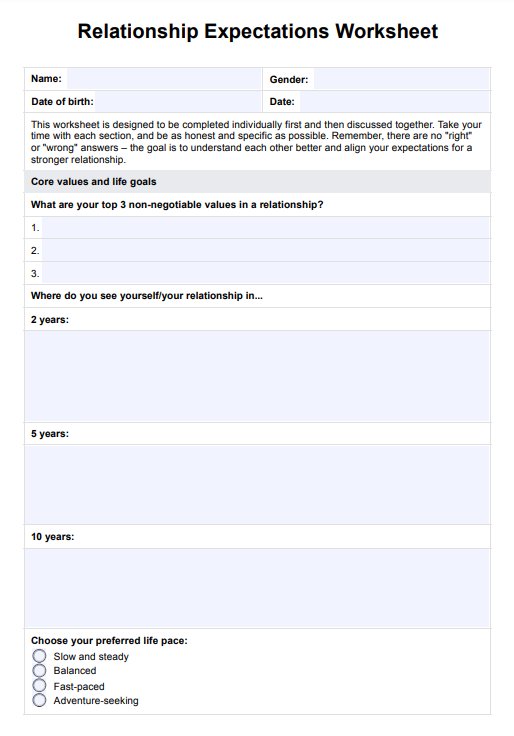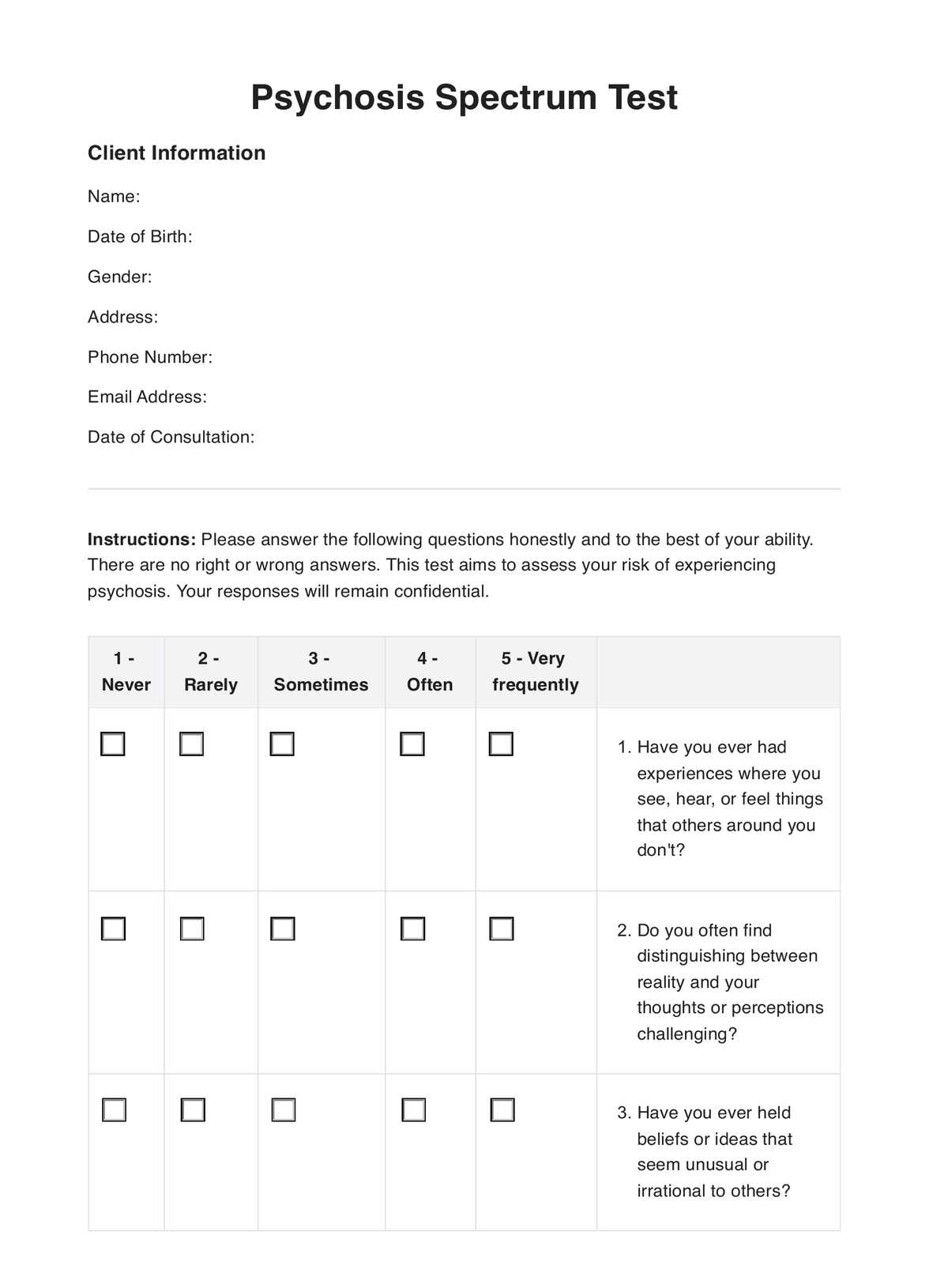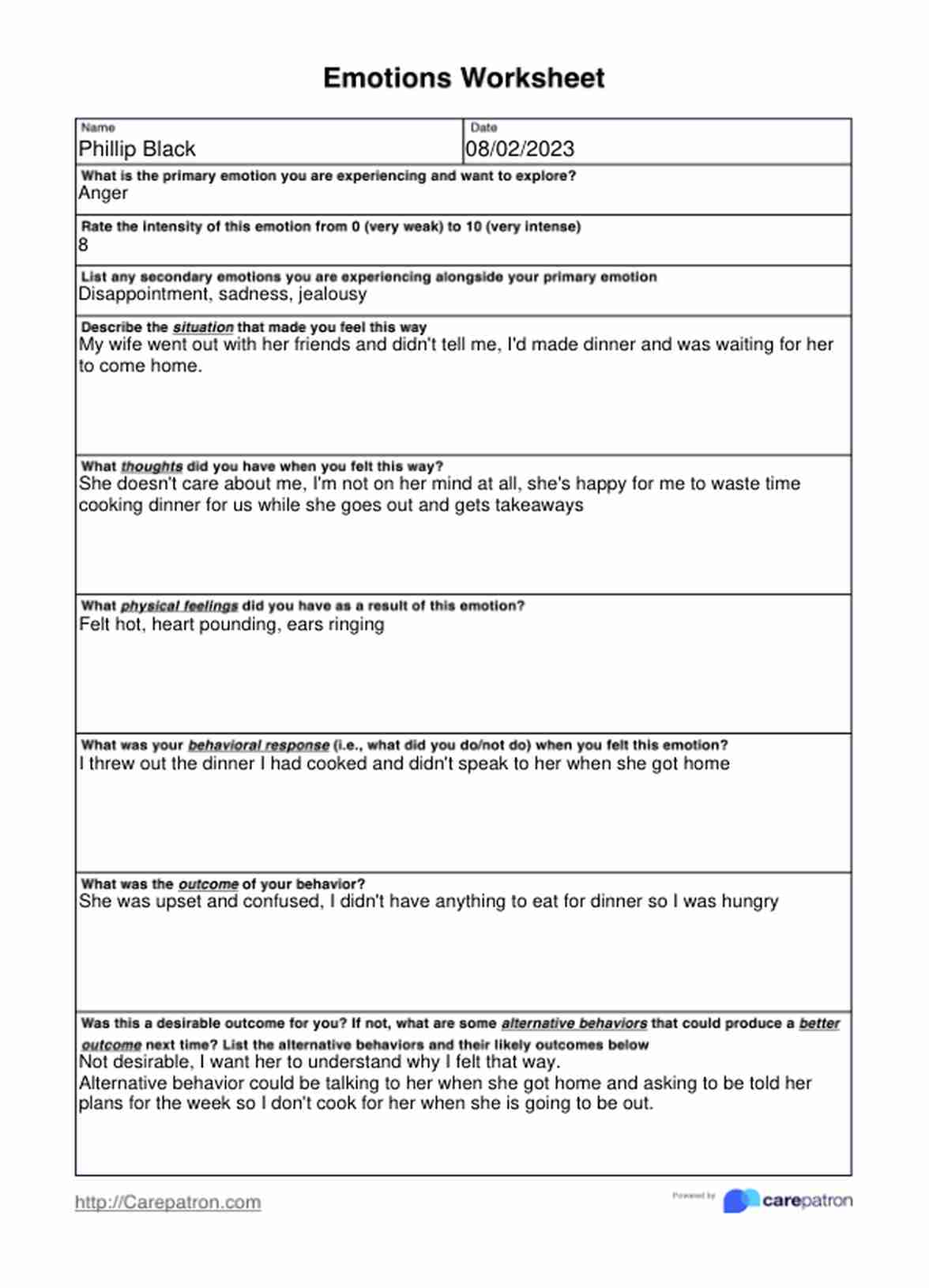Anger Scale
Discover how Anger Scales can effectively assess and manage anger issues. Learn more about these tools and how to utilize them in a therapeutic context.


What is an Anger Scale?
An is a psychological instrument used to quantify the degree, frequency, and manner in which one exhibits anger. These scales help individuals understand the level of their anger and how it impacts their day-to-day lives, including their connections with others. Anger scales are often based on a spectrum or scale that ranges from 1 to 10 points.
Several different anger measures include the Clinical Anger Scale (CAS) and the Novaco Anger Scale — both established for a particular purpose and group of people. For instance, the Clinical Anger Scale assesses the level of anger, whereas the Novaco Anger Scale measures the frequency, length, size, and manner of anger expression. Novaco and Clinical developed both scales.
A mental health professional may administer an anger scale, or a person may decide to self-evaluate using the scale. The information that may be gleaned from these scales has the potential to make a substantial contribution to the development of successful anger management techniques and therapeutic therapies.
Anger Scale Template
Anger Scale Example
How does it work?
Here's a step-by-step guide on how to effectively use an anger scale:
Step 1: Understand the Purpose of the Anger Scale
A well-defined objective will guide you in choosing the most appropriate anger scale and accurately interpreting the results. You might use an anger scale to evaluate your emotional states for personal growth and self-improvement or as part of a therapeutic program designed by a mental health professional. The ultimate goal is to understand better your anger patterns, their triggers, and how they impact your behavior and relationships.
Step 2: Select the Appropriate Anger Scale
Some scales focus on measuring the intensity of anger, while others might assess its frequency or how it is expressed. Depending on your objective, selecting the scale that best aligns with your needs is crucial. For instance, you may opt for the Clinical Anger Scale (CAS) if your primary focus is understanding the intensity of your anger. Alternatively, the Novaco Anger Scale can be beneficial if you aim to measure the frequency and mode of anger expression. This step is critical to ensuring your results are relevant and meaningful.
Step 3: Complete the Anger Scale
Be sure to read each question carefully and provide honest responses on the Printable Anger Scales. Avoid rushing through the questions or responding based on what you think the 'right' answer should be. Instead, reflect on your feelings and experiences to answer as accurately as possible. Filling out the anger scale should be a contemplative process that promotes self-reflection and understanding. Remember, these printable anger scales are designed to help you gain insights into your anger patterns, not to judge or criticize your feelings.
Step 4: Analyze the Results
If you're using the Printable Anger Scales for personal growth, you might analyze the results yourself. In a therapeutic setting, a healthcare professional will typically review the results. This involves identifying patterns in your responses, drawing inferences about your anger patterns, and devising potential strategies for managing anger effectively. The interpretation can help pinpoint underlying anger issues, inform the creation of tailored treatment plans, and set the stage for more effective anger management.
Whether used individually or as part of a therapeutic program, our Printable Anger Scales can be valuable for understanding and managing anger more effectively.
When would you use this Template?
Anger scales prove beneficial in numerous situations, especially when there's an interest in evaluating an individual's anger dynamics. Here are some typical instances when our Anger Scales PDF comes in handy:
- Mental Health Professionals: Psychologists, psychiatrists, counselors, and therapists routinely employ anger scales. They help determine their clients' intensity, frequency, and manifestation of anger. This tool aids in the diagnosis and management of anger-related disorders and behavioral problems.
- Therapy Sessions: During therapeutic encounters, anger scales are frequently used. They provide an objective measurement of anger, assisting in identifying anger-related issues. Moreover, they play a significant role in monitoring the effectiveness of anger management therapies and tailoring the treatment strategies to the individual's needs.
- Self-assessment: Apart from professional settings, anger scales can be used for personal growth and understanding. Individuals aiming to understand their anger patterns better may find it beneficial. It acts as a mirror, reflecting one's emotional state, which can be useful in self-improvement efforts.
- Workplace Settings: Employers and HR professionals may use anger scales when an employee's anger seems to affect their work performance or team dynamics. It can assist in identifying issues and implementing appropriate interventions or supports.
- Educational Institutions: Schools and universities may use anger scales for students with anger-related issues. It can help guide appropriate interventions, whether counseling, special education services, or other forms of support.
Our Anger Scales PDF is effective for anyone looking to better understand, evaluate, and manage anger patterns.
Benefits
Accurate Assessment
Anger scales offer an accurate assessment of an individual's anger patterns, helping identify the areas that need attention.
Informing Treatment Plans
They provide valuable data to inform personalized treatment plans for anger management.
Tracking Progress
Over time, these scales can be used to track the progress and effectiveness of anger management strategies.
Enhancing Self-Awareness
For personal use, anger scales can significantly enhance self-awareness, informing personal growth efforts.
Research and Evidence
Over the years, various anger scales, including the Novaco and Clinical Anger Scales, have undergone rigorous testing and evaluation. These scales have proven their worth as effective tools for assessing anger and have garnered significant respect and acceptance within the psychological community.
For instance, Professor Raymond Novaco, a renowned expert in anger management, developed the Novaco Anger Scale. This scale is known for its ability to measure the frequency, intensity, and control of anger in various situations, proving to be a reliable tool in research and clinical settings.
On the other hand, the Clinical Anger Scale (CAS), developed by Professor William E. Snell Jr. and his colleagues in 1995, has also contributed substantially to the study and management of anger. The CAS offers a nuanced understanding of anger as it measures the intensity, frequency, and duration of anger experiences. It consists of various items on which individuals rate their agreement, helping to provide a more in-depth, comprehensive assessment of anger.
Substantial empirical research supports these scales' validity and reliability. Numerous studies have consistently demonstrated their effectiveness in accurately identifying anger issues and informing targeted treatment plans. They have been utilized in diverse settings, from clinical trials and academic research to routine counseling and self-assessment. They have been instrumental in advancing our understanding of anger as a complex, multifaceted emotion.
By employing these well-researched and validated tools, mental health professionals, researchers, and individuals can gain crucial insights into anger patterns, enabling more informed decisions about interventions and treatment plans. Thus, anger scales continue to hold a pivotal role in the broader discourse on anger management.
Commonly asked questions
Mental health professionals like psychologists, therapists, counselors, and individuals for self-assessment
The Anger Scale is used when there's a need to assess an individual's anger levels, inform therapy plans, or track progress in anger management.
An individual or a professional administers the Anger Scale, answers the questions, and then analyzes the responses to assess the anger level.

.jpg)
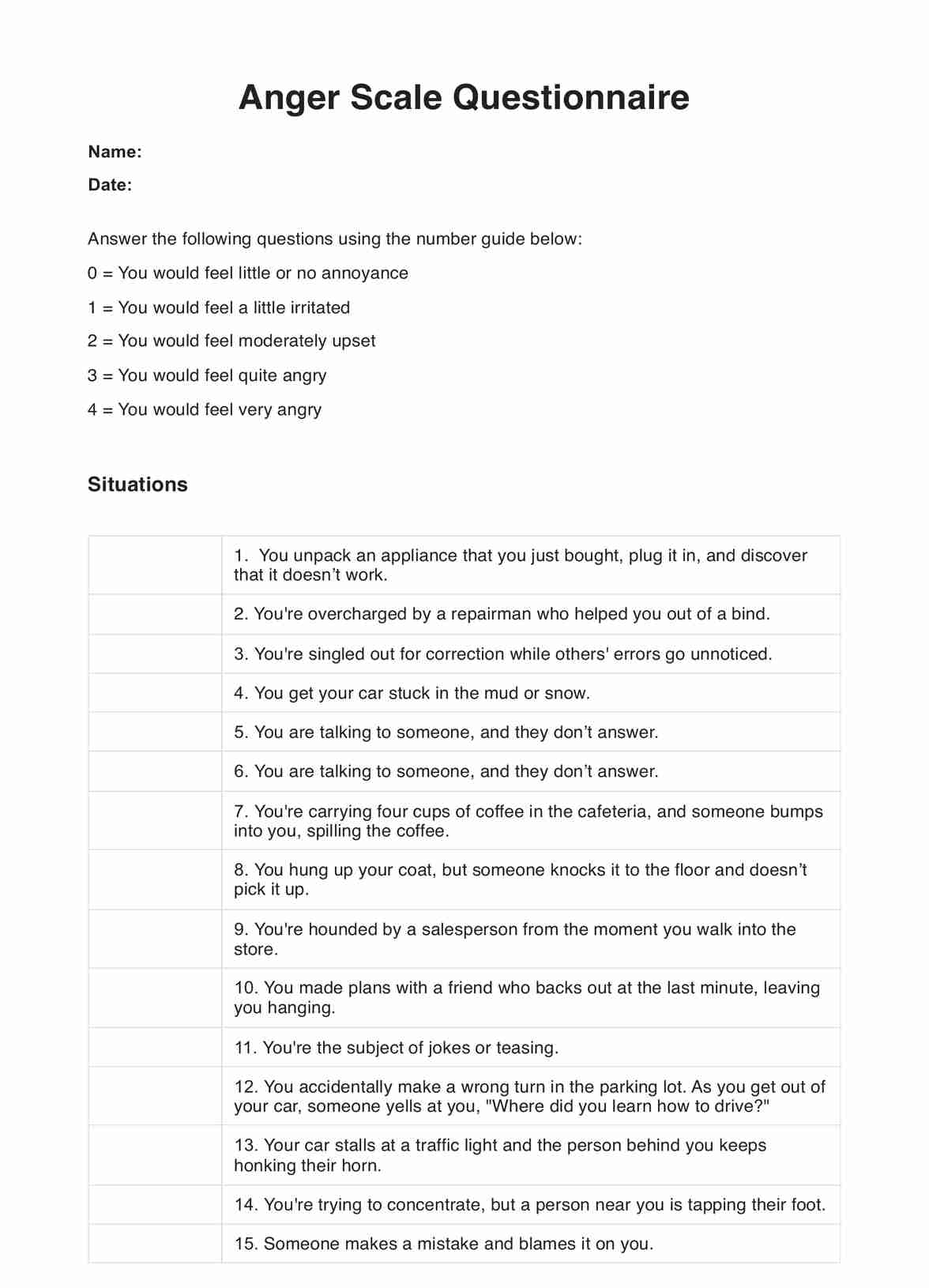
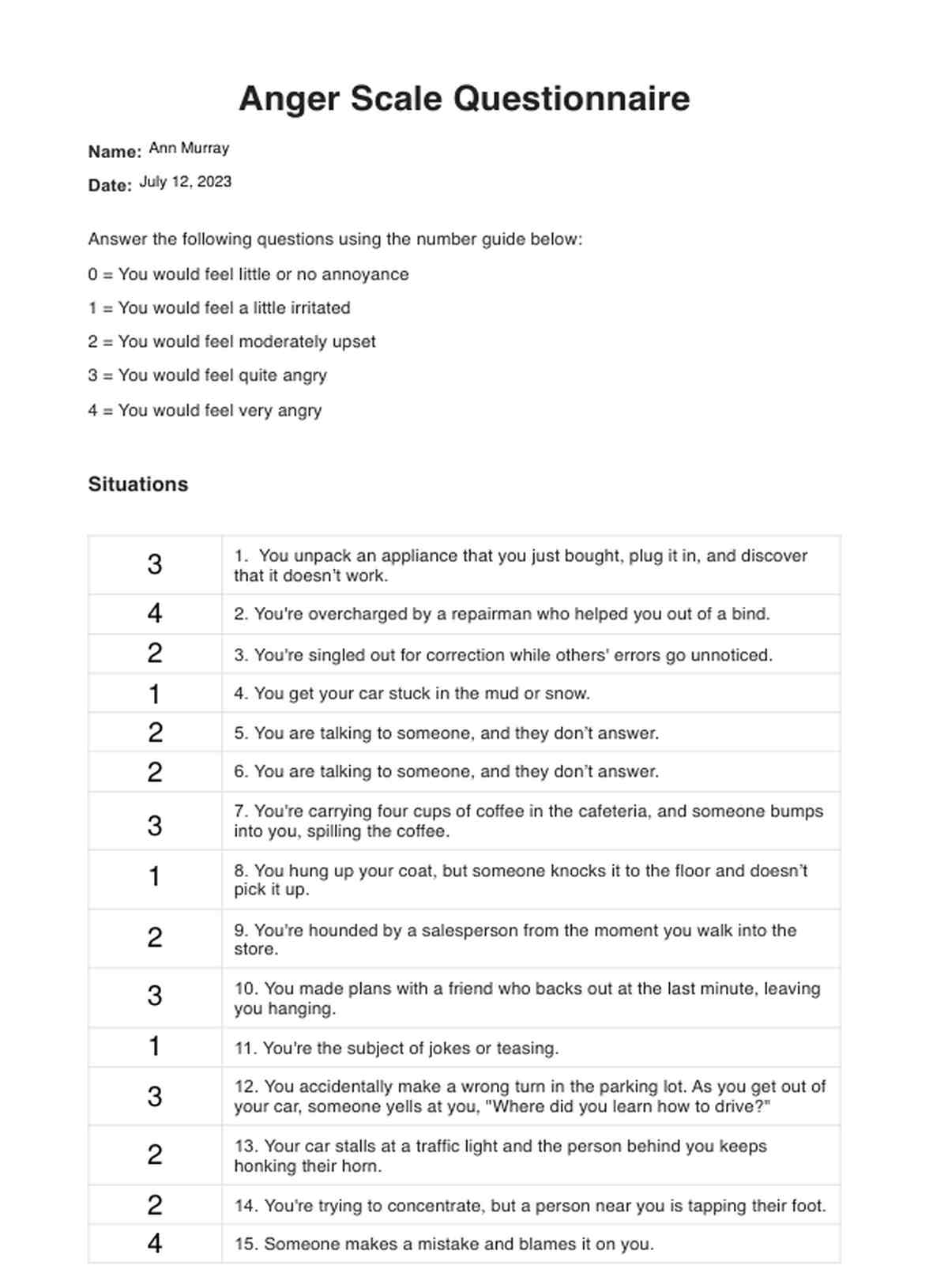

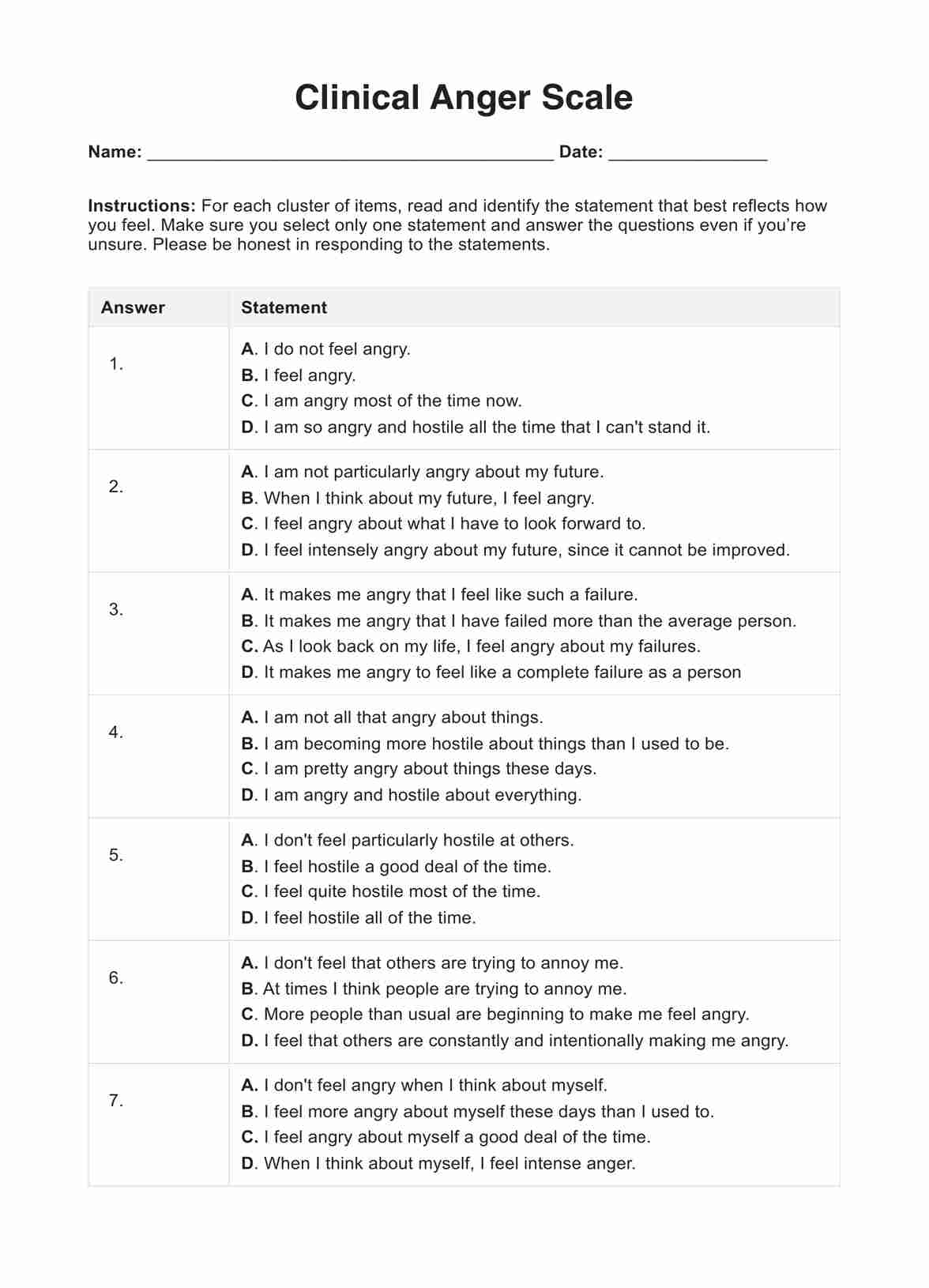
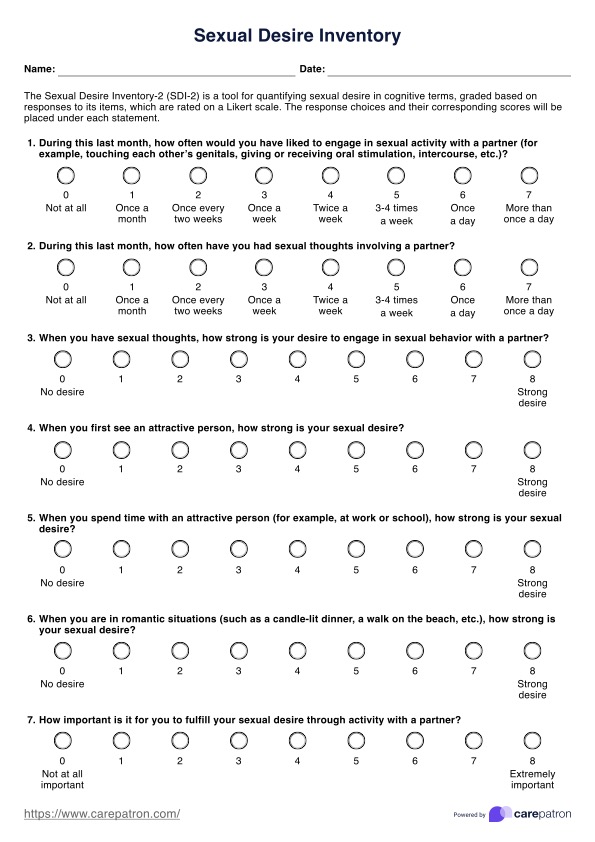
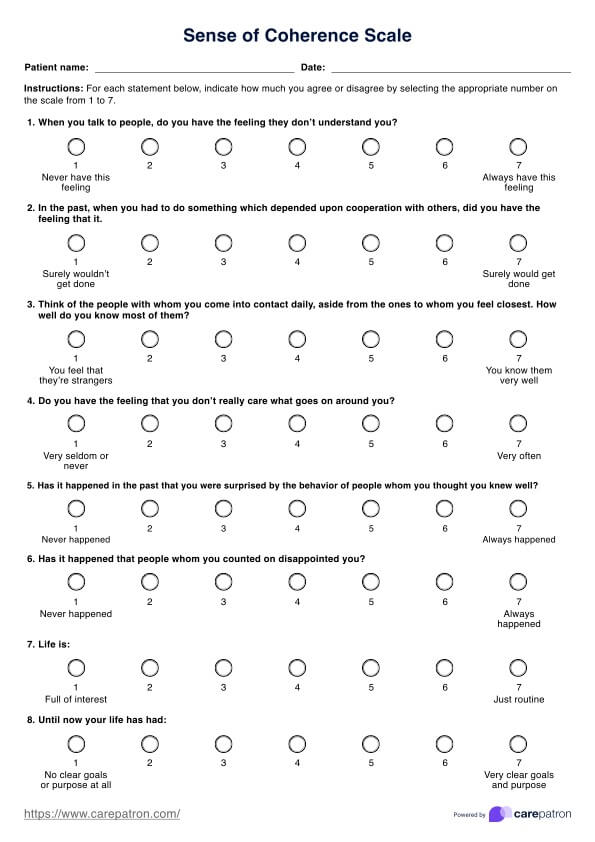










-template.jpg)


















































































